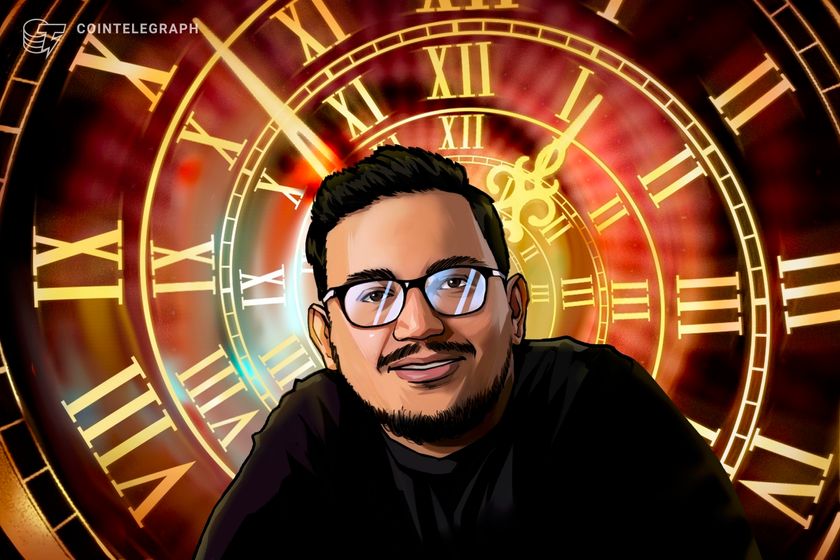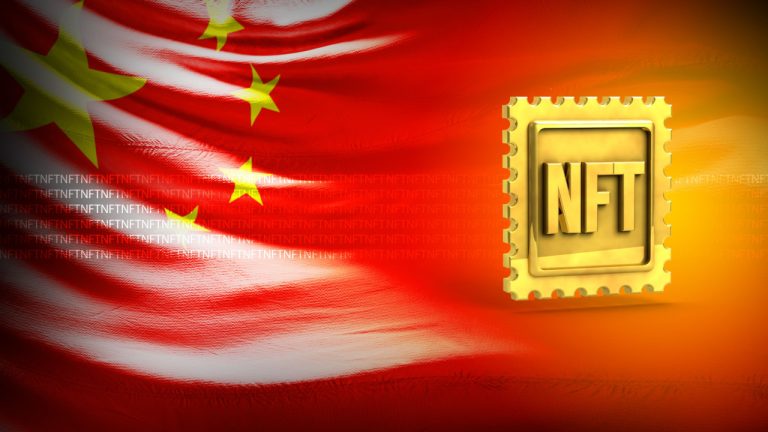
OpenAI joins Google, Microsoft and others in legally backing their users if they face legal action over copyright infringement.
OpenAI says it will cover the legal costs for business-tier ChatGPT users that find themselves in hot water over copyright infringement.
OpenAI is calling its pledge Copyright Shield which only covers users of its business-tier ChatGPT Enterprise and its developer platform. OpenAI isn’t covering users of the free and Plus ChatGPT versions.
On Nov. 6 at the company’s first developer conference DevDay, OpenAI CEO Sam Altman said “we will step in and defend our customers and pay the costs incurred if you face legal claims around copyright infringement and this applies both to ChatGPT Enterprise and the API.”

OpenAI joins tech firms Microsoft, Amazon and Google in offering to legally back users accused of copyright infringement. Adobe and Shutterstock — stock image providers with generative AI offerings — also made the same promise.
OpenAI’s DevDay also saw the firm announce that users can soon create custom ChatGPT models with the option to sell them on an upcoming app store along with a new and updated AI model dubbed ChatGPT-4 Turbo.
Related: AI chatbots are illegally ripping off copyrighted news, says media group
OpenAI is facing a litany of suits alleging it used copyrighted material to train its AI models.
Comedian and author Sarah Silverman, along with two others, sued OpenAI in July claiming ChatGPT’s training data includes their copyrighted work accessed from illegal online libraries.
OpenAI was hit with at least two further suits in September. A class action alleged OpenAI and Microsoft of using stolen private information to train models while the Author’s Guild sued OpenAI alleging “systematic theft” of copyrighted material.
Magazine: ‘AI has killed the industry’ — EasyTranslate boss on adapting to change













